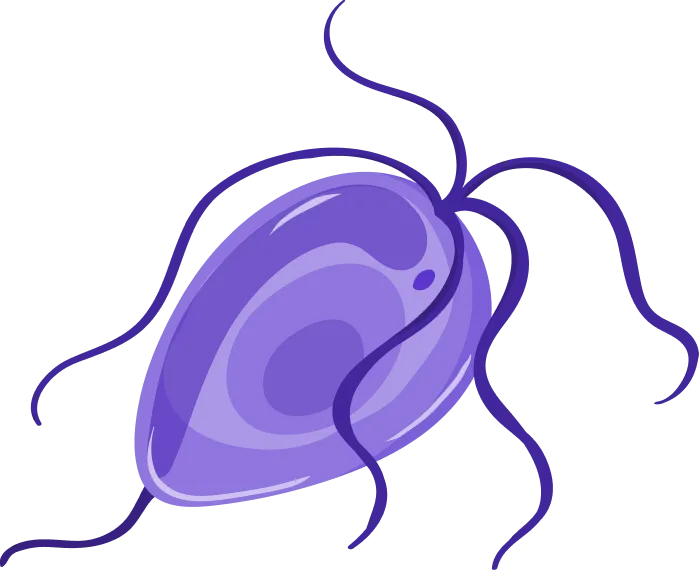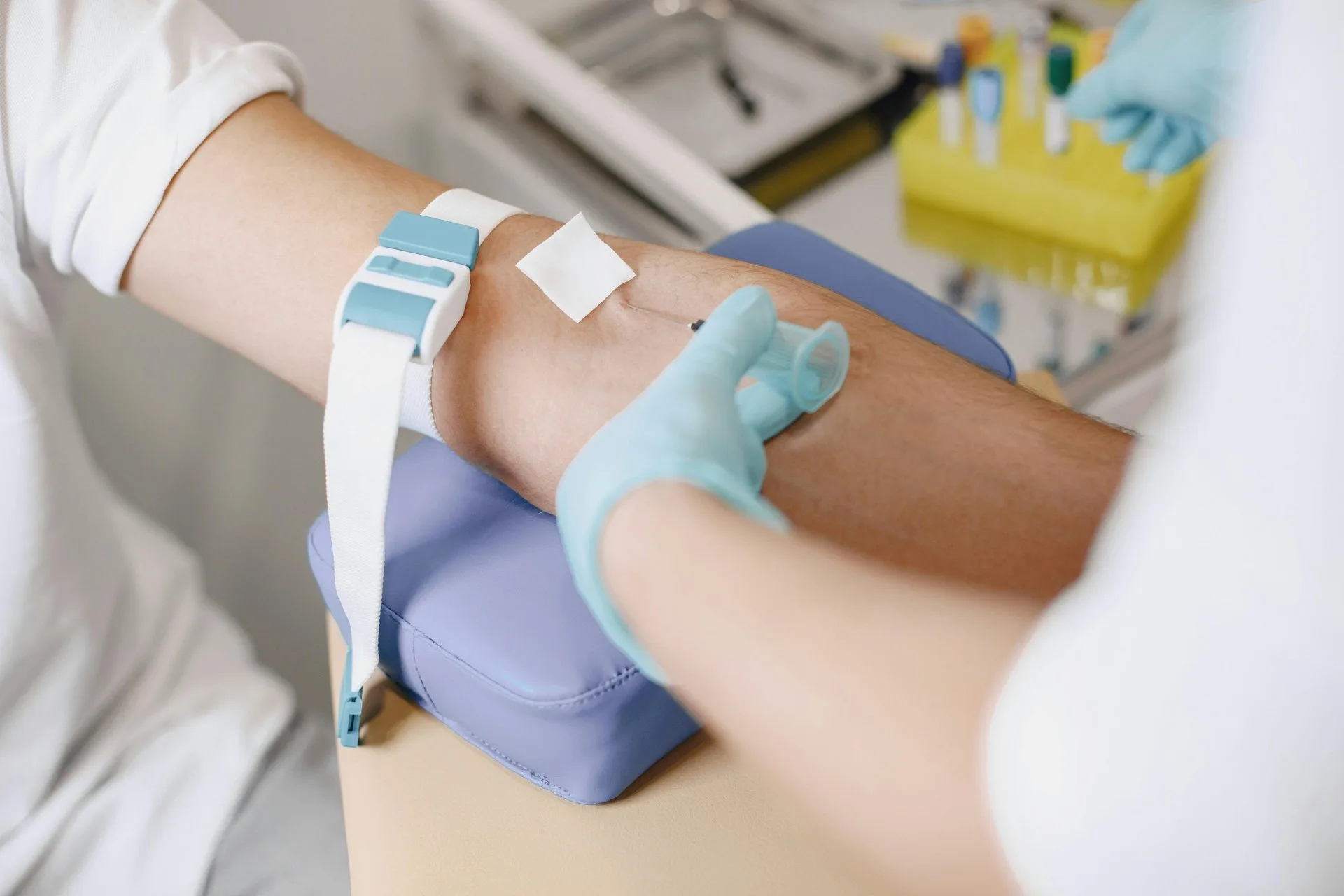How is Trichomoniasis transmitted?
Trichomoniasis is transmitted through sexual contact with an infected person. This includes vaginal, oral, or anal sex. The parasite is spread via genital contact and can also be transmitted by sharing sex toys. Key points of transmission include:
- Vaginal Sex: The most common way trichomoniasis is spread. The parasite infects the lower genital tract
in women and the urethra in men. - Oral and Anal Sex: While less common, trichomoniasis can be transmitted through oral or anal sexual
contact. - Shared Sex Toys: Using sex toys that are not properly cleaned or shared between partners without a condom
can spread the parasite. - Asymptomatic Carriers: Many people with trichomoniasis do not show symptoms but can still transmit the
infection to their sexual partners. - Pregnancy: An infected pregnant woman can pass trichomoniasis to her baby during childbirth, leading to
complications such as low birth weight or preterm delivery.
What are the symptoms of Trichomoniasis?
Many people with trichomoniasis do not experience symptoms. When symptoms do occur, they usually appear within 5 to 28 days after exposure and may include:
- In women:
- Frothy, yellow-green vaginal discharge with a strong odor
- Itching and irritation in the genital area
- Discomfort during intercourse
- Burning sensation during urination
- In men:
- Itching or irritation inside the penis
- Burning sensation during urination or after ejaculation
- Discharge from the penis
What are the complications of untreated Trichomoniasis?
If left untreated, trichomoniasis can lead to serious health problems, including:
- Increased risk of contracting or transmitting other STIs, including HIV
- Pregnancy complications, such as preterm delivery and low birth weight
- Pelvic inflammatory disease (PID) in women
- Prostatitis or epididymitis in men, which can lead to infertility
How is Trichomoniasis diagnosed?
Trichomoniasis can be diagnosed through various methods, including:
- Physical examination: A healthcare provider examines the genital area for signs of infection.
- Laboratory tests: A sample of vaginal fluid (in women) or a swab from the urethra (in men) is tested
for the presence of the parasite. - Urine test: In men, a urine sample can also be used to detect the presence of the parasite.
- Rapid tests: Point-of-care tests can provide quick results.
How is Trichomoniasis treated?
Trichomoniasis is usually treated with a single dose of oral antibiotics, such as metronidazole or tinidazole. Both sexual partners should be treated simultaneously to prevent re-infection. It is important to avoid sexual activity until the infection is completely cleared.
Can Trichomoniasis be prevented?
Trichomoniasis can be prevented by:
- Using condoms during sexual activity
- Having regular STI screenings
- Limiting the number of sexual partners
- Not sharing sex toys or ensuring they are properly cleaned between uses
- Communicating with sexual partners about STI status and risks
- Ensuring both partners are treated simultaneously to prevent re-infection, as re-infection is common if one partner remains untreated.





